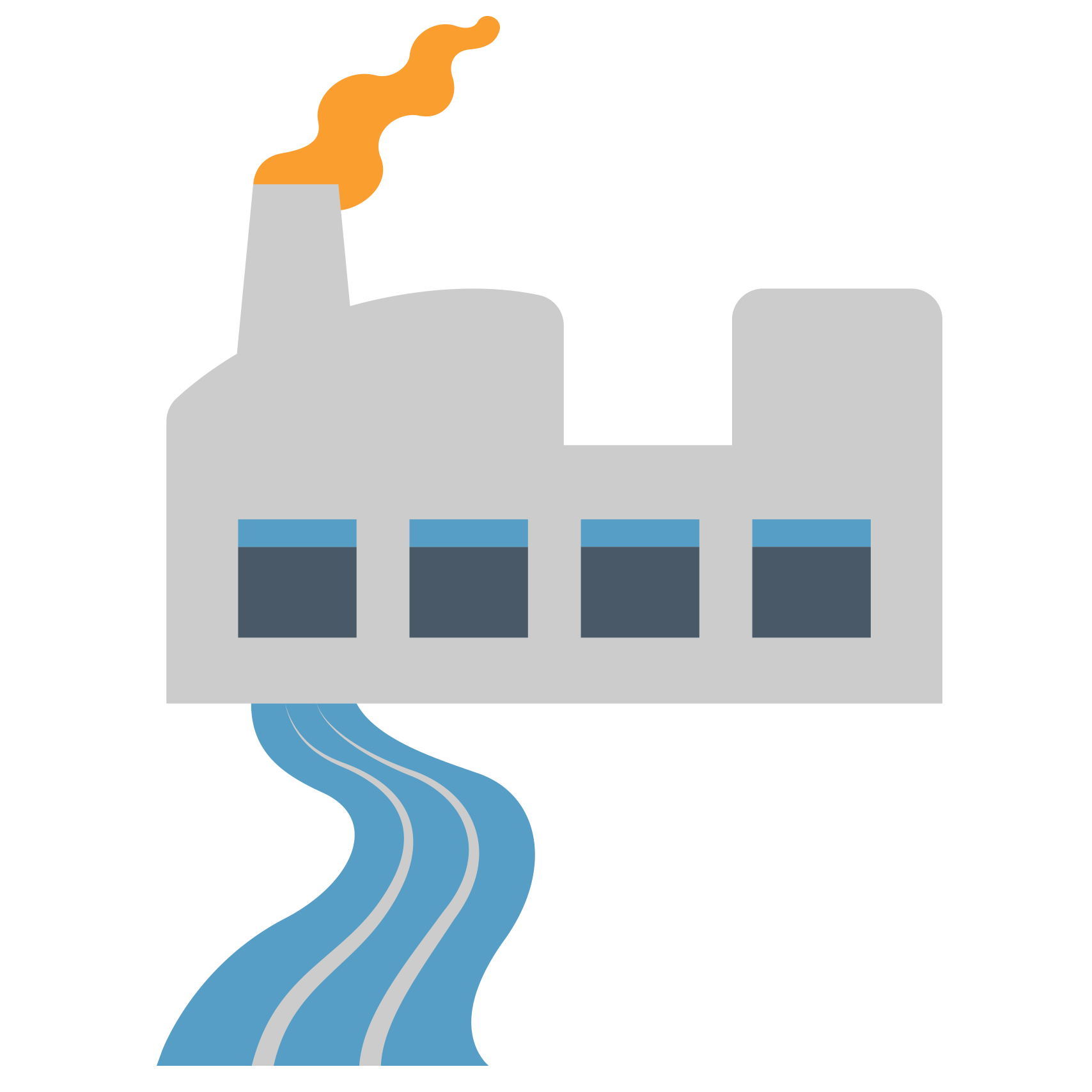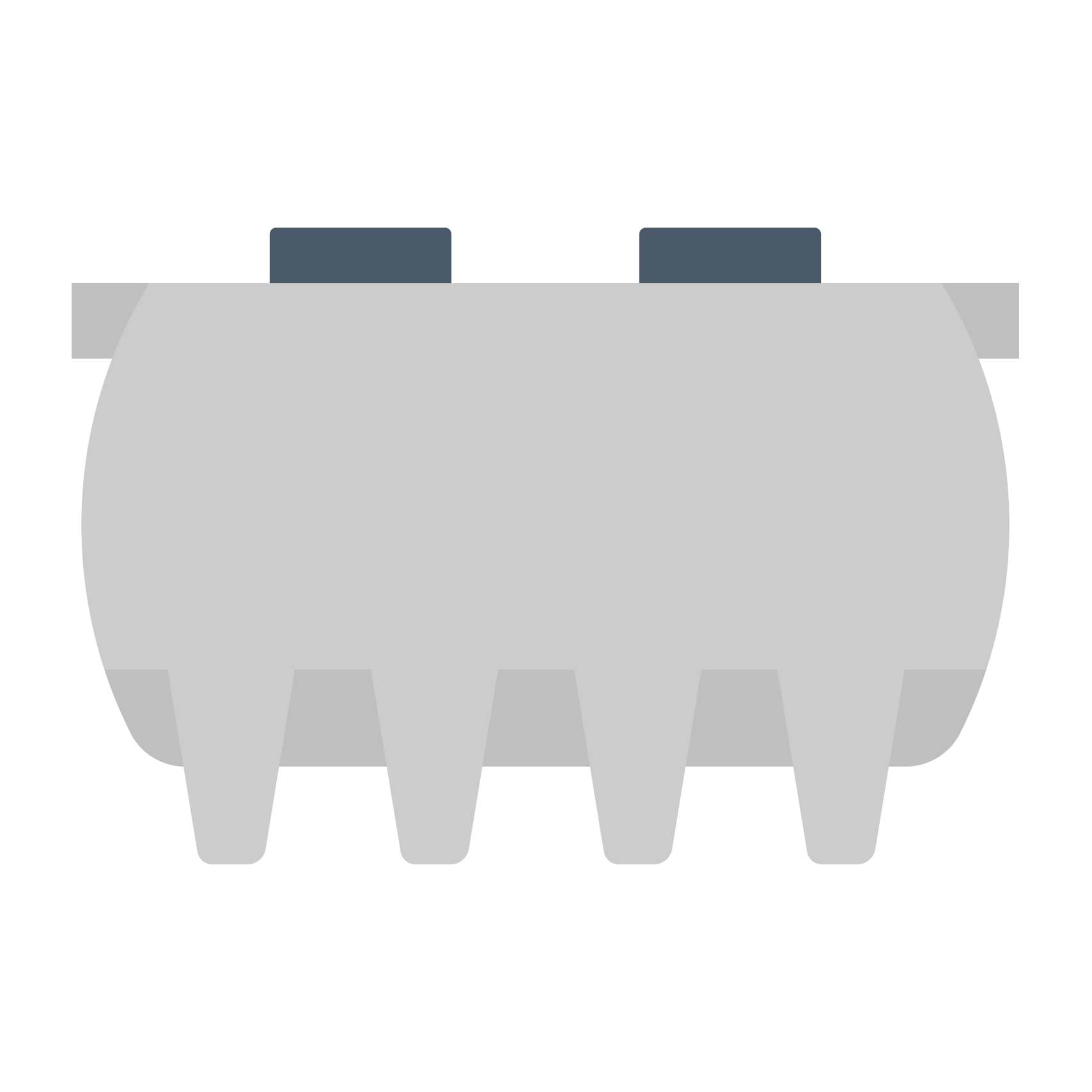Products and Services
Botswana based Aquapro Water Treatment was established in June 2004 and in January 2011, the company was engaged with an exclusive service contract from Rolfes PWM, whereby Aquapro provided intellectual technology, back-up service, and installation of all water treatment equipment and speciality chemicals. The service contract ended in June 2016, and in August 2016, Aquapro relocated to its new leased premises in Gabarone, Phakalane Light Industrial Area. The company is 100% citizen owned.
Our services includes for the supply, installation, commissioning and maitaining a wide range of water treatment equipment and chemicals.

Industrial Water Treament
There are many uses of water in industry and, in most cases, the used water also needs treatment to render it fit for re-use or disposal. Raw water entering an industrial plant often needs treatment to meet tight quality specifications to be of use in specific industrial processes. Industrial water treatment encompasses all these aspects which include industrial wastewater treatment, boiler water treatment and cooling water treatment.
Water treatment is used to optimize most water-based industrial processes, such as heating, cooling, processing, cleaning, and rinsing so that operating costs and risks are reduced. Poor water treatment lets water interact with the surfaces of pipes and vessels which contain it. Steam boilers can scale up or corrode, and these deposits will mean more fuel is needed to heat the same amount of water. Cooling towers can also scale up and corrode, but left untreated, the warm, dirty water they can contain will encourage bacteria to grow, and Legionnaires' disease can be the fatal consequence. Water treatment is also used to improve the quality of water contacting the manufactured product e.g. semiconductors, and/or can be part of the product e.g. beverages, pharmaceuticals, etc. In these instances, poor water treatment can cause defective products.

Packaged Sewage Treatment Plants
Clarus Environmental’s Fusion Series Treatment Systems are drop-in wastewater treatment units designed for use in decentralized applications where the effluent quality needs to meet or exceed DWS standards. The first Fusion was installed in Franschhoek in 2010 and today more than 200 units have been installed in 8 different countries on the African continent. The Fusion is designed for use in residential, commercial, and community applications and is available in a variety of treatment capacities, from 1,700 lpd to 15,000 lpd. The Fusion’s unique design enables it to be installed without a pretreatment tank, making it ideal for use on sites where space is limited. Effluent disposal options include conventional trenches, dams, irrigation or direct discharge.
By using the Clarus Fusion to treat both black and grey water, every community in the country can have access to flush toilets, without using a single drop of potable water. Treated water from the Fusion can be used for toilet flushing. Where space is limited, the Fusion can be installed in walk ways or public open spaces. Excess treated water can be used for irrigation purposes. Fusion is the only plant that can handle from one household to communities, from informal settlements to high income estates, from in-urban use to the most remote areas.
Case Studies
Fusion Case Studies - (5MB)

Potable Water Treatment Solutions
Portable water purification devices are self-contained, easily transported units used to purify water from untreated sources (such as rivers, lakes, and wells) for drinking purposes. Their main function is to eliminate pathogens, and often also of suspended solids and some unpalatable or toxic compounds.
These units provide an autonomous supply of drinking water to people without access to clean water supply services, including inhabitants of developing countries and disaster areas, military personnel, campers, hikers, and workers in wilderness,
Techniques include heat (including boiling), filtration, activated charcoal adsorption, chemical disinfection (e.g. chlorination, iodine, ozonation, etc.), ultraviolet purification (including sodis), distillation (including solar distillation), and flocculation. Often these are used in combination.
Untreated water may contain potentially pathogenic agents, including protozoa, bacteria, viruses, and some larvae of higher-order parasites such as liver flukes and roundworms. Chemical pollutants such as pesticides, heavy metals and synthetic organics may be present. Other components may affect taste, odour and general aesthetic qualities, including turbidity from soil or clay, colour from humic acid or microscopic algae, odours from certain type of bacteria, particularly Actinomycetes which produce geosmin,[1] and saltiness from brackish or sea water.
Common metallic contaminants such as copper and lead can be treated by increasing the pH using soda ash or lime, which precipitates such metals. Careful decanting of the clear water after settlement or the use of filtration provides acceptably low levels of metals. Water contaminated by aluminium or zinc cannot be treated in this way using a strong alkali as higher pHs re-dissolve the metal salts. Salt is difficult to remove except by reverse osmosis or distillation.
Most portable treatment processes focus on mitigating human pathogens for safety and removing particulates matter, tastes and odours. Significant pathogens commonly present in the developed world include Giardia, Cryptosporidium, Shigella, hepatitis A virus, Escherichia coli, and enterovirus.[2] In less developed countries there may be risks from cholera and dysentery organisms and a range of tropical enteroparasites.
Our Clients
Aquapro Water Treatment has worked with a variety of companies and corporations. Our client base includes the University of Botswana, Debswana, Mupane Gold Mine, Ministry Of Health, Grand Palm Hotel, WUC, Gabarone Sun, Tswana Pride, BMC Lobatse and many smaller privately owned companies.